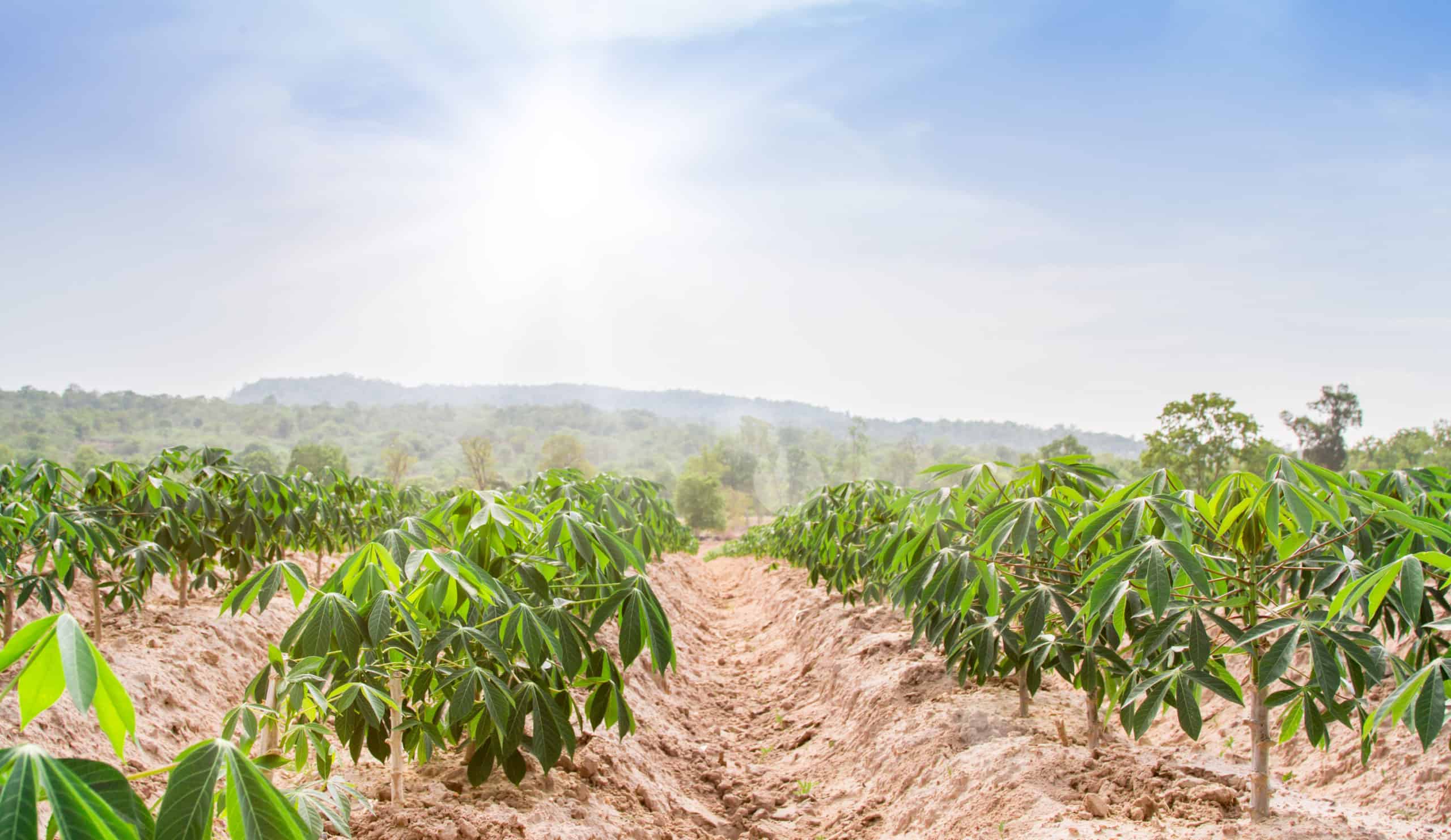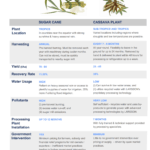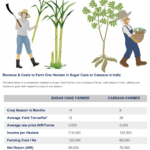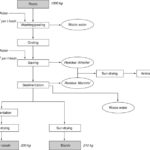CASSAVA RESEARCH

CASSAVA FARMING
Cassava (Manihot esculenta) is a staple crop that is important for food security in the tropics. However, cassava farming can have severe positive and negative environmental impacts, such as habitat destruction and soil changes/degradation, if it is not carefully managed. Therefore, a wide range of agricultural and environmental outcomes should be considered when cassava farming practices are recommended as “good agricultural practices”. CDA will draw up a systematic map of research on cassava farming practices and their impacts on yield, quality, profitability, soil, water, wildlife, pathogens, pests, weeds, and other agricultural and environmental outcomes, specific to your area and agricultural historical facts. This map will improve your knowledge of the multi-functionality of cassava farming practices, getting better yields , managing soil, water tables and harvesting techniques.
CDA along with its partners does research of certain target areas for soil, weather conditions , soil types, etc. so as to assist farmers in making the right choices. Our studies are only pointers and cannot be the basis of decisions.
Checkout : FACTS FOR FARMERS



